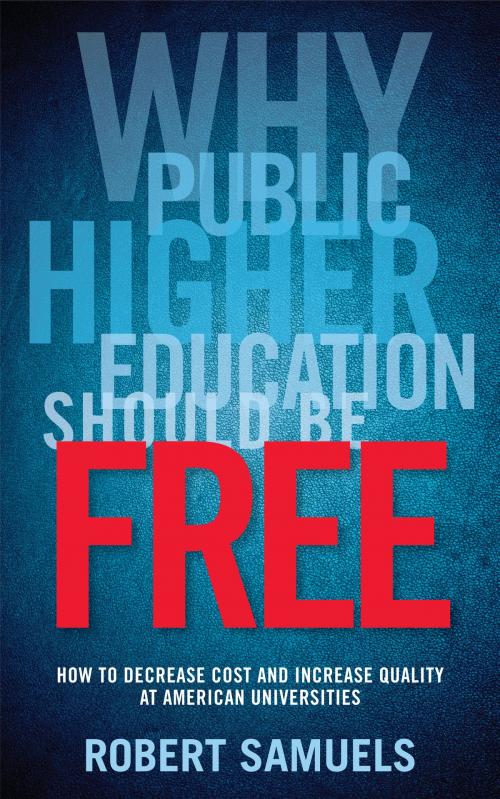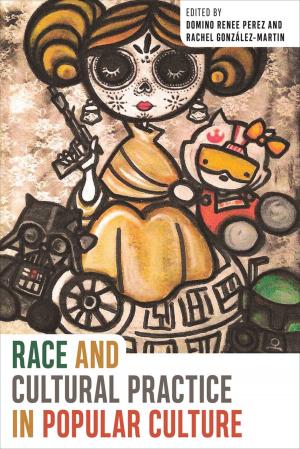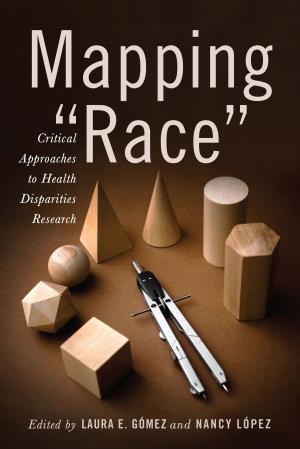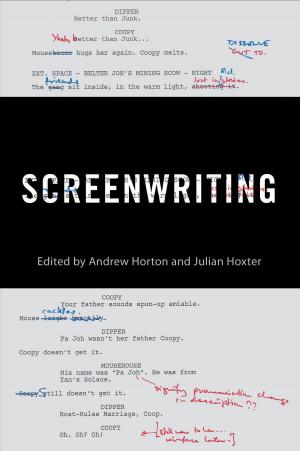Why Public Higher Education Should Be Free
How to Decrease Cost and Increase Quality at American Universities
Nonfiction, Reference & Language, Education & Teaching, Higher Education| Author: | Robert Samuels | ISBN: | 9780813569413 |
| Publisher: | Rutgers University Press | Publication: | August 15, 2013 |
| Imprint: | Rutgers University Press | Language: | English |
| Author: | Robert Samuels |
| ISBN: | 9780813569413 |
| Publisher: | Rutgers University Press |
| Publication: | August 15, 2013 |
| Imprint: | Rutgers University Press |
| Language: | English |
Universities tend to be judged by the test scores of their incoming students and not on what students actually learn once they attend these institutions. While shared tests and surveys have been developed, most schools refuse to publish the results. Instead, they allow such publications as U.S. News & World Report to define educational quality. In order to raise their status in these rankings, institutions pour money into new facilities and extracurricular activities while underfunding their educational programs.
In Why Public Higher Education Should Be Free, Robert Samuels argues that many institutions of higher education squander funds and mislead the public about such things as average class size, faculty-to-student ratios, number of faculty with PhDs, and other indicators of educational quality. Parents and students seem to have little knowledge of how colleges and universities have been restructured over the past thirty years.
Samuels shows how research universities have begun to function as giant investment banks or hedge funds that spend money on athletics and administration while increasing tuition costs and actually lowering the quality of undergraduate education. In order to fight higher costs and lower quality, Samuels suggests, universities must reallocate these misused funds and concentrate on their core mission of instruction and related research.
Throughout the book, Samuels argues that the future of our economy and democracy rests on our ability to train students to be thoughtful participants in the production and analysis of knowledge. If leading universities serve only to grant credentials and prestige, our society will suffer irrevocable harm. Presenting the problem of how universities make and spend money, Samuels provides solutions to make these important institutions less expensive and more vital. By using current resources in a more effective manner, we could even, he contends, make all public higher education free.
Universities tend to be judged by the test scores of their incoming students and not on what students actually learn once they attend these institutions. While shared tests and surveys have been developed, most schools refuse to publish the results. Instead, they allow such publications as U.S. News & World Report to define educational quality. In order to raise their status in these rankings, institutions pour money into new facilities and extracurricular activities while underfunding their educational programs.
In Why Public Higher Education Should Be Free, Robert Samuels argues that many institutions of higher education squander funds and mislead the public about such things as average class size, faculty-to-student ratios, number of faculty with PhDs, and other indicators of educational quality. Parents and students seem to have little knowledge of how colleges and universities have been restructured over the past thirty years.
Samuels shows how research universities have begun to function as giant investment banks or hedge funds that spend money on athletics and administration while increasing tuition costs and actually lowering the quality of undergraduate education. In order to fight higher costs and lower quality, Samuels suggests, universities must reallocate these misused funds and concentrate on their core mission of instruction and related research.
Throughout the book, Samuels argues that the future of our economy and democracy rests on our ability to train students to be thoughtful participants in the production and analysis of knowledge. If leading universities serve only to grant credentials and prestige, our society will suffer irrevocable harm. Presenting the problem of how universities make and spend money, Samuels provides solutions to make these important institutions less expensive and more vital. By using current resources in a more effective manner, we could even, he contends, make all public higher education free.















